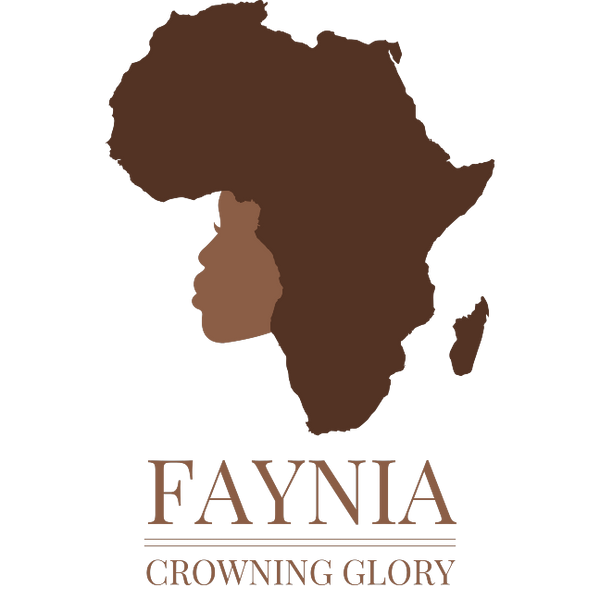
In the era of Reconstruction, there emerged an insidious culture of colorism and discrimination based on hair texture that mirrored the "paper bag tests" some Black institutions used to judge admittance. Straight, fine hair was upheld as the standard of beauty and assimilation, while kinky, coily textures were derided and associated with slavery.
This ignited an intense demand for hair straightening and skin lightening products targeted at Black women eager to conform to these narrow Eurocentric norms of acceptability. Early 20th century publications like Half Century Magazine prominently featured sleek, straightened hairstyles projecting a respectable ideal.
Savvy entrepreneurs quickly seized this market opportunity. In 1900, Annie Turnbo Malone launched her "Wonderful Hair Grower" product and the Poro system of styling, sales and training. One of her top recruits was a laundress named Sarah Breedlove – better known as Madam C.J. Walker – who built her own hair empire with a straightening product line called "The Walker System."
Around the same time, Mary L. Johnson and the inventor Garrett A. Morgan distributed their own brands of straighteners, pomades and hot combs meeting the fever pitch interest in chemically altering Black hair textures. While their motives were profit-driven, these "haircare mdvians" like Walker emphasized grooming self-esteem versus erasing natural hair.
But in the face of the lucrative straightening craze, voices of dissent emerged too. Educator Nannie Helen Burroughs chided Black women in 1904: "If women would use half the time they spend trying to get white to get better, the race would move forward." Even Booker T. Washington scoffed at the notion of training beauticians at Tuskegee.
As the Great Migration brought more upwardly mobile Black communities to Northern cities, the politics around hair became a fiercer battleground. The pendulum began swinging towards demanding bodily autonomy and rejecting Eurocentric aesthetics.
While early Black haircare was propelled by assimilationist motives, this hustle planted seeds that would blossom into a vehicle for economic freedom, cultural reinvention, and self-love. The legacy left by these pioneering entrepreneurs and activists laid the groundwork for the natural hair movement reclaiming the dignity always innate to our roots.
